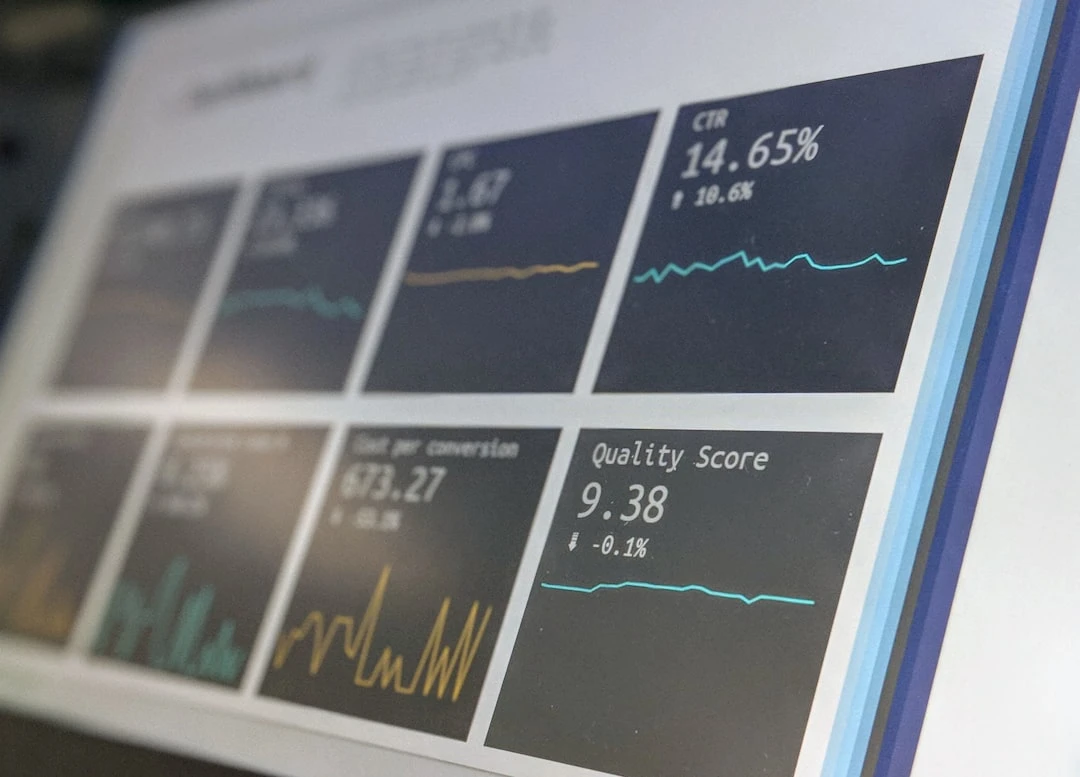7 Tips: What to Watch Out for to Avoid Becoming a Victim of Bank Fraud

In just recent weeks, Estonian people have lost hundreds of thousands of euros through phone, various digital and banking fraud. Maarika Rüsülainen, head of client relations and deposits at Bigbank, and Kristofer Evert, head of the fraud prevention department, share seven recommendations based on the experience of the Baltic countries, which should be taken into account and considered when communicating with a bank or a person posing as a bank representative, in order to avoid becoming a victim of fraud.
Bankers emphasize that not all fraud happens instantaneously, that codes are extorted or digital data is stolen from you, which within the next hour money disappears from your account or some loan is taken out, but usually in the case of fraud schemes, it is a longer-term process and communication, which may involve several different people. Attempts are made to maintain contact with the person, to create a more trusting relationship, to gather more personal information about them. The person is wanted to be kept on the hook for as long as possible and influenced in such a way that everything said seems to them like their own idea and the brainwashing is complete. The same scenario applies to romance scams, where a person is worked on for so long until at some point they start sending money and that money flow becomes continuous. Or in the case of investment scams, where the person is sent some infographic showing them apparently huge profits and returns they have earned, and they are even offered some "profit share" withdrawal. But then the amounts grow and at some point all the money is gone and there is no trace of the "investment opportunity" provider either.
According to Bigbank specialists, today's general rule is that if some stranger and at first glance unlikely person interested in you tries persistently to maintain contact with you and the thing sounds too good to be true, then unfortunately it is often a fraudster. Over time, vigilance fades and then things happen. "After all, schemer fraudsters as good manipulators try to find a person's weak points – whether they are lonely, whether they have some kind of difficulties, whether they have been disappointed in someone and then they start to 'dig' to get information that would help implement one or another scheme, which however ultimately all lead to the point that money, more or less, can be pumped out of the deceived person," Bigbank experts point out.
Fundamentally similar, but with small local adaptations, schemes spread internationally. Bigbank recently had a client in Lithuania, a man in his late 50s. He had apparently fallen into the hands of fraudsters. Don't know how it all started, but presumably through repeated and repeated fraudulent calls, but the result was clear – the person had been completely driven crazy by the fraudsters with all sorts of conspiracy theories. He had been worked on for 2-3 months and brought to the point where he absolutely had to take a loan from the bank and send that money to the fraudsters. He also had savings at Bigbank, which he wanted to withdraw for the same purpose. However, during a telephone conversation with the man, suspicious signs appeared to the bank employee that indicated the person might be confused.
The client was called to the office for a face-to-face conversation and to try to better understand his intentions. When he arrived, he immediately said that he had already been warned that bankers would now ask him all sorts of questions and try to lead him astray, because they themselves are participants in the fraud scheme. He himself is currently a participant in a secret operation, which he must not talk about. After a long argument, the bank employees had nothing left to do but call the police to try to convince the person that their questions and explanations are honest and that he himself is falling victim to financial fraud. The elderly gentleman didn't believe the police either and confirmed that he had also been warned that people pretending to be police officers would probably be called. Somehow the gentleman was convinced to go to the police station and there, after a long conversation with different people, he finally believed and the outcome was good – the person did not lose his money. However, it doesn't always go so well. Some tips from the bank's perspective, which to think about and take into account, so that a person could minimize the risk of being deceived and losing their money:
When a bank calls a client, we have an overview of who we are talking to and what we want to talk about. The reason for initiating contact is a response to a client's request through another channel. For example, the client themselves sent us a letter with questions and we call them back. The client submitted a loan application to us and we contact them to ask for additional data and documents for the review. There are also many activities that the client can do themselves through online banking. Even if we call a client to say that their savings account agreement is ending and they don't want to share data with us, they can conveniently and safely do the transactions themselves in online banking and we will certainly also tell them that they can continue there themselves.
A bank or government agency never asks for PIN codes or passwords over the phone. If someone asks for this, it is fraud. Unfortunately, our elderly clients also offer this to us themselves when they cannot submit documents or are afraid they won't be able to cope. Our message is always that even if they trust us, they must not share their PIN codes even with a bank employee. We always provide instructions by email or advise over the phone on how to properly submit documents to the bank.
Do not call back to a suspicious number. A call from the bank usually comes from a landline number. It is unlikely that an information line employee would call a client from a mobile phone. If the client knows that their savings account agreement should end soon, then they expect a call from the bank. And this employee knows them by name. Our clients have generally pointed out that suspicious calls come from foreign numbers. However, they are very careful with calls received from us as well. If the client is not sure whether the number they called belongs to the bank, then when calling back, they will hear a Bigbank (or their respective bank) introductory message. You can always boldly call back to the information line as well and we will transfer the call to the employee who wanted to get in touch with you.
The fraudster doesn't know who they're talking to or is limited to information available from social media. A bank employee verifies that they are talking to the right person and does not disclose the content of the contact to third parties. In such a situation, a fraudster might rather continue the call, but a bank employee would not. For example, a bank employee calls about a client's loan agreement and is also able to name the agreement number and other important details related to it. If it turns out that the person on the other end of the call is not our client, no information is provided and the call is not continued.
Language of communication. The bank knows what is the client's preferred language of communication. In addition to this, the vast majority of employees speak three languages very well. Our clients as well, especially Russian-speaking clients, have found such a solution that they test whether the employee speaks Estonian. Since many fraudsters do not speak Estonian, this is one trick they have used.
Unlikely situation and pressure. The fraudster usually calls with an activity that involves rushing and pressuring the person – for example, "right now over the phone" something needs to be done, not in a reasonable time, or otherwise "we will immediately lock the account". If doubt arises during the call, you can boldly send your inquiry to the bank's email or call the information line again. The person must have time to "digest" this urgent information so they don't make wrong decisions. We definitely recommend calmly ending contact and contacting the bank through another channel. Through a communication channel which the client feels is safe for them.
The bank does not ask the client for money to speed up any transaction. Our clients have pointed out that they have encountered situations where fraudsters offer loans and to speed up the process, they ask them to pay X amount of money for it and then the person gets a loan faster. This is certainly a very big red flag to pay attention to and cancel the transaction. Bank loan application processing is a normal service and the fees associated with it (such as agreement fee, collateral valuation fee, notary fee, etc.) are always listed in the bank's price list or contract. If someone asks for an "acceleration fee" or "priority fee" to review a loan, then it is fraud.




